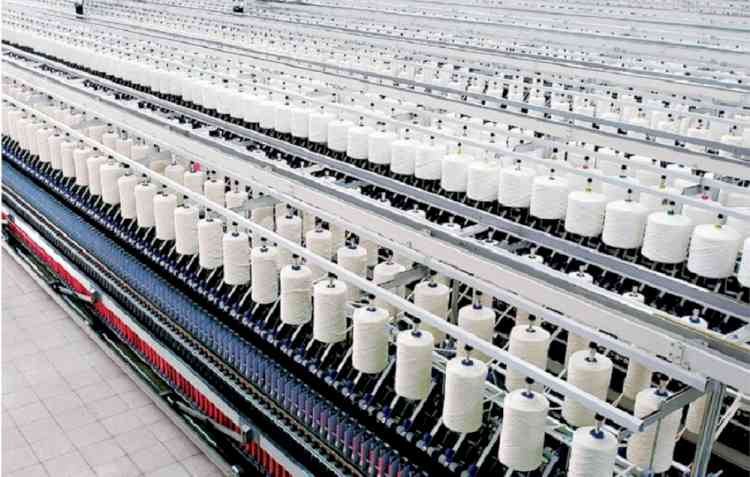TEXTILE MILLS NATIONAL
KERALA, INDIA
By IFAB MEDIA - NEWS BUREAU - August 14, 2023 | 377 3 minutes read
In a proactive and strategic move to revitalize the textile industry, the Kerala state government has allocated ₹10.50 crore as working capital for textile mills under the industries department. This significant financial injection is set to breathe new life into five mills that had been forced to close their doors due to a fund shortage, marking a pivotal turning point for the state's textile sector.
The mills that stand to benefit from this timely intervention include Prabhuram Mills located in Alappuzha, Kottayam Textiles situated in Kottayam, Edarikode Textiles in Malappuram, Sitaram Textiles in Thrissur, and the Thrissur Cooperative Spinning Mill. This allocation of funds is expected not only to facilitate the reopening of these mills but also to enhance the functioning of other mills across the state.
Industries Minister P. Rajeeve emphasized the government's steadfast commitment to safeguarding and promoting public sector enterprises and industrial units within the cooperative sector. He underscored the government's determination to provide unwavering support to these vital sectors, recognizing their essential role in the economic fabric of the state.
This move comes in the wake of recent challenges faced by these mills, including layoffs that rendered over 1,000 workers jobless. A report highlighted the pressing need for funds to procure cotton, shedding light on the difficulties these mills were facing. The working capital allocation is expected to not only enable these mills to reemploy staff but also ensure the continuation of operations and wages for the workers.
With the goal of reopening the closed mills before the festive season of Onam, the government is proceeding with phased renovation efforts. This action gains heightened significance due to the non-functioning of the National Textile Corporation under the Union government.
The textile mills had been grappling with a series of challenges, including the impact of the global economic crisis and unhindered import of clothing and raw materials. The increasing costs of raw materials and higher power charges further exacerbated the crisis, resulting in closures and layoffs.
The state government's move to infuse working capital reflects its proactive approach to addressing these challenges head-on and reinvigorating an industry that holds significant economic and cultural importance. As the mills gear up to resume operations, this initiative is poised to not only create job opportunities and economic stability but also reaffirm the government's dedication to fostering growth and resilience within the textile sector.











